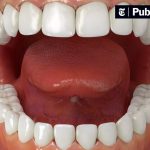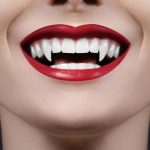Why Do Teeth Hurt at Night? Common Causes and Relief Tips
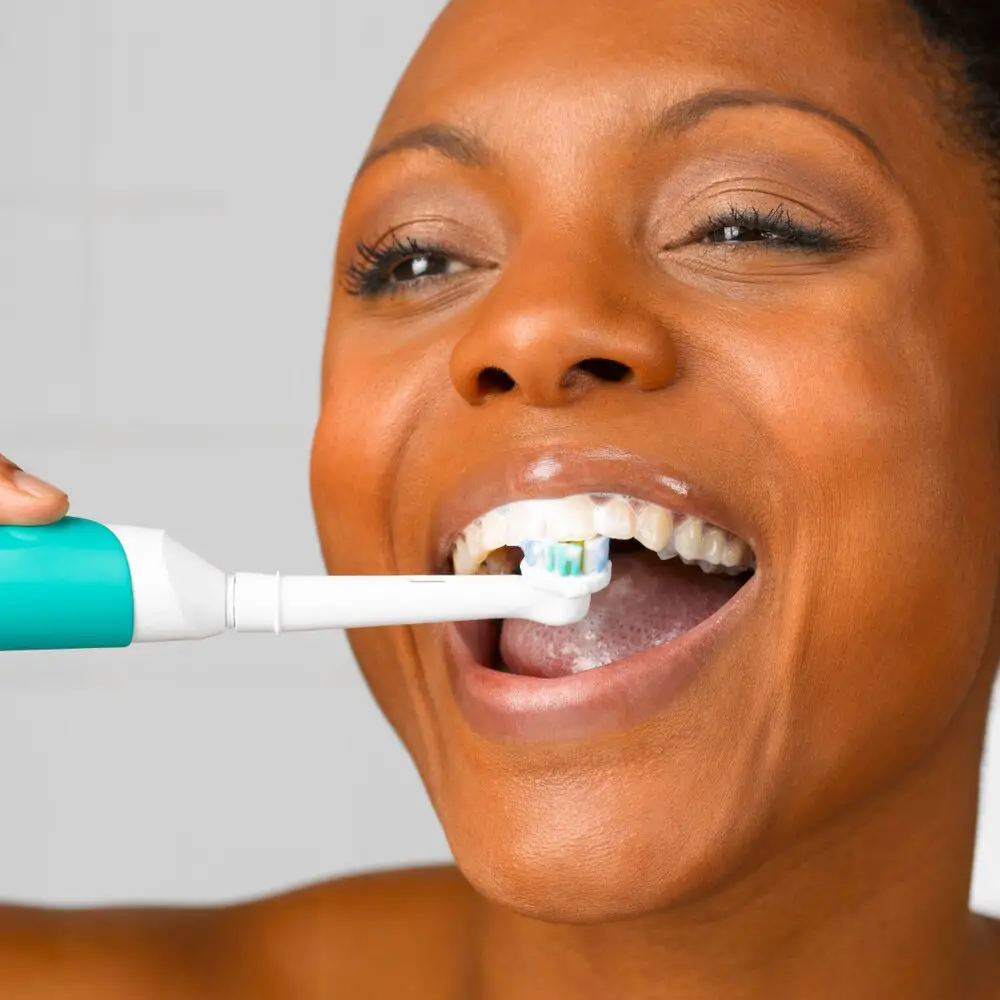
Have you ever woken up in the middle of the night with a throbbing pain in your teeth? It can be an agonizing experience that disrupts your sleep and leaves you feeling drained the next day. Tooth pain is a common problem that affects people of all ages, and it can have various causes. Understanding why your teeth hurt at night is crucial in finding relief and taking steps to prevent it from happening again. There are many reasons why teeth can hurt at night, and it’s essential to identify the underlying cause to address it effectively. Some people may experience tooth pain due to dental issues such as cavities, gum disease, or tooth decay. Others may have more systemic issues such as sinusitis or bruxism, which can also cause tooth pain. In this article, we will explore the most common causes of tooth pain at night and provide you with some useful tips to relieve the discomfort and prevent it from recurring.
It is not uncommon for teeth to hurt during the night. In fact, many people experience tooth pain or sensitivity while they sleep. There are several reasons why this may occur, including teeth grinding, tooth decay, gum disease, and even sinus problems. Teeth grinding, or bruxism, is a particularly common cause of nighttime tooth pain. This habit can wear down tooth enamel and cause sensitivity, as well as lead to jaw pain and headaches. It is important to identify the underlying cause of the tooth pain and seek treatment from a dental professional in order to find relief and prevent further damage to the teeth and gums.
Identifying the root cause of dental pain is crucial for effective treatment and long-term relief. Pain is a symptom of an underlying issue, and ignoring it can lead to further complications. The cause of the pain could be anything from tooth decay and gum disease to a cracked tooth or a sinus infection. By identifying the cause of the pain, a dentist can determine the best course of treatment. This may involve fillings, root canals, or even surgery in severe cases. It is essential to address the cause of the pain to prevent further damage to the tooth or surrounding tissues. Additionally, identifying the cause of the pain can help prevent future occurrences and maintain good oral health.
Teeth Grinding

Teeth grinding, also known as bruxism, is a common condition that affects many people. It occurs when a person grinds or clenches their teeth, often unknowingly, during sleep. This can cause a variety of problems, including tooth pain, jaw pain, headaches, and even damage to the teeth themselves. Teeth grinding can be caused by a variety of factors, including stress, anxiety, and an abnormal bite. It can also be a side effect of certain medications or medical conditions. To provide relief from teeth grinding, there are a number of steps that can be taken. One of the most effective is to use a mouthguard or splint, which can help to protect the teeth and reduce the force of grinding. Other treatments may include stress management techniques, such as meditation or yoga, or the use of muscle relaxants or other medications. It may also be helpful to avoid caffeine and alcohol, as these substances can increase the likelihood of teeth grinding. By working with a dentist or other healthcare provider, individuals can find the right combination of treatments to address their teeth grinding and provide relief from the associated pain and discomfort.
Teeth grinding, also known as bruxism, can cause pain in several ways. Firstly, the constant grinding and clenching of teeth can lead to wear and tear of the enamel, making the teeth more sensitive to heat and cold. Secondly, the pressure and tension created by teeth grinding can cause headaches, jaw pain, and facial pain. Over time, this can also lead to temporomandibular joint (TMJ) disorder, a condition that affects the muscles and joints that control jaw movement. Finally, teeth grinding can also lead to muscle spasms in the neck and shoulders, causing pain in those areas as well. Therefore, it is important to address teeth grinding to prevent pain and damage to the teeth and surrounding muscles and joints.
Teeth grinding, also known as bruxism, is a common cause of dental pain, especially at night. To prevent teeth grinding, it is important to identify the underlying cause of the condition. Some common causes include stress, anxiety, and sleep disorders. To reduce pain associated with teeth grinding, patients can try a variety of methods, such as wearing a mouthguard, practicing relaxation techniques, and avoiding caffeine and alcohol. In addition, maintaining good dental hygiene, including regular brushing and flossing, can help prevent tooth decay and gum disease, which can contribute to dental pain. By taking steps to prevent teeth grinding and reduce pain, patients can improve their overall oral health and quality of life.
Tooth Decay
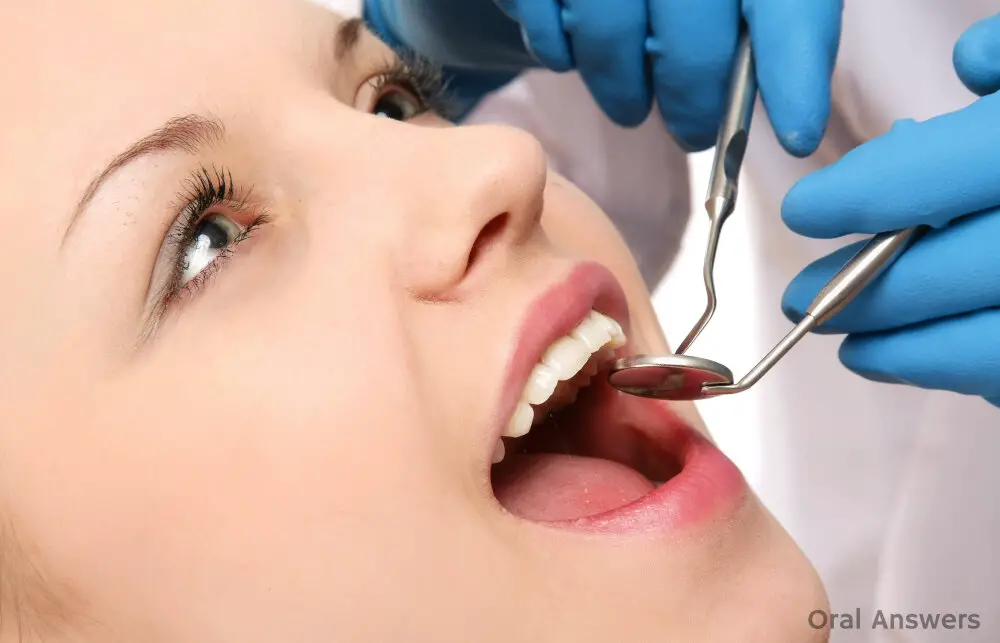
Tooth decay is a common dental problem that occurs when the bacteria in the mouth produce acid that erodes the tooth enamel. This can lead to cavities, which are small holes in the teeth that can cause pain, sensitivity, and discomfort. Tooth decay can be caused by a variety of factors, including poor oral hygiene, a diet high in sugar and starch, and genetics. If left untreated, tooth decay can progress and lead to more serious dental problems, such as gum disease and tooth loss. Preventing tooth decay is essential for maintaining good oral health. This can be achieved by practicing good oral hygiene, including brushing twice a day, flossing daily, and using mouthwash. It is also important to limit sugary and starchy foods and drinks, and to eat a balanced diet that includes plenty of fruits and vegetables. Regular dental checkups and cleanings can also help prevent tooth decay by identifying and treating any dental problems early. If you suspect that you have tooth decay, it is important to see a dentist as soon as possible to prevent further damage and pain.
Tooth decay is the gradual and irreversible breakdown of the tooth structure due to the accumulation of plaque and bacteria on the tooth surface. As the decay progresses, it can penetrate the outer enamel layer and reach the inner dentin and pulp layers, which contain nerves and blood vessels. When the decay reaches these sensitive parts, it can trigger pain and sensitivity. The pain can be sharp and intense, especially when eating or drinking hot or cold foods and beverages. Additionally, tooth decay can cause inflammation and infection in the tooth, which can further aggravate the pain. If left untreated, the decay can eventually lead to tooth loss and more severe dental problems.
To prevent tooth decay and reduce pain, it is important to maintain good oral hygiene practices such as brushing and flossing regularly. Additionally, avoiding sugary and acidic foods and drinks, as well as limiting snacking between meals, can help prevent the development of cavities. Regular dental check-ups and cleanings can also aid in early detection and treatment of any dental issues. In cases of tooth pain, over-the-counter pain relievers or a warm compress can provide relief until a dental professional can be consulted. It is crucial to address dental pain promptly to prevent further damage and potential complications.
Gum Disease
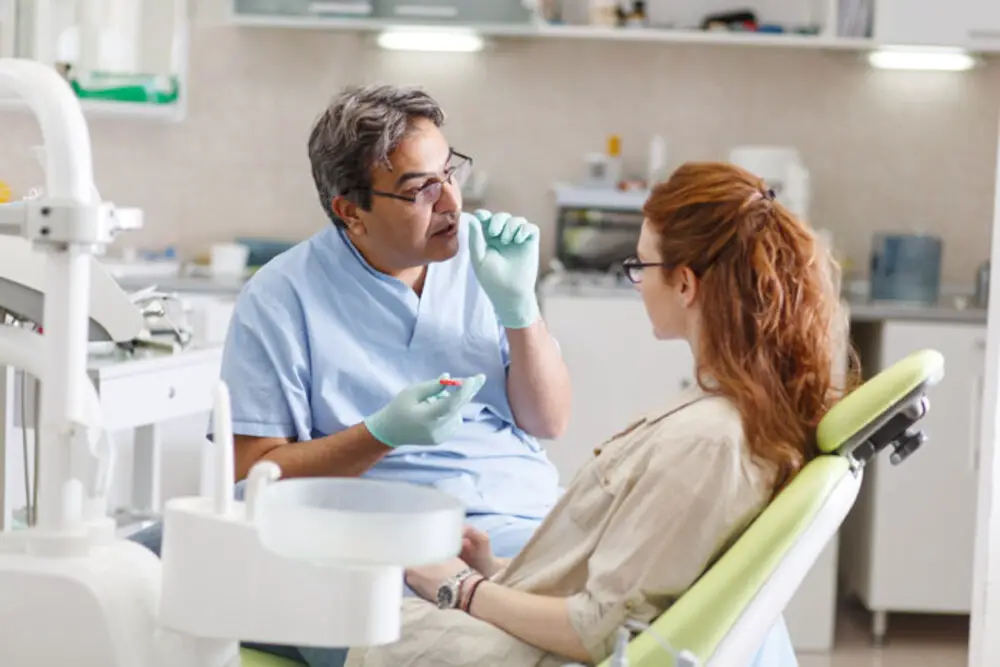
Gum disease, also known as periodontal disease, is a common oral health problem that can cause teeth to hurt at night. It is caused by a buildup of plaque on the teeth and gums, which can lead to inflammation and infection. As the disease progresses, it can cause the gums to recede and the teeth to become loose. The symptoms of gum disease include red, swollen, and bleeding gums, as well as bad breath and a bad taste in the mouth. If left untreated, gum disease can lead to tooth loss and other serious health problems. There are several factors that can increase your risk of developing gum disease, including poor oral hygiene, smoking, diabetes, and certain medications. If you suspect that you may have gum disease, it is important to see a dentist as soon as possible. Your dentist can diagnose the condition and recommend appropriate treatment, which may include deep cleaning, antibiotics, and gum surgery. In addition to professional treatment, maintaining good oral hygiene and making lifestyle changes can help prevent gum disease and reduce your risk of tooth pain at night.
Gum disease, also known as periodontitis, is a common cause of dental pain that can worsen at night. This condition occurs when bacteria accumulate in the spaces around the teeth, causing inflammation and infection. As the disease progresses, the gums can recede, exposing the sensitive roots of the teeth. This can lead to sharp, shooting pains that can intensify during the night when we lie down and blood flow to the gums increases. Additionally, gum disease can cause tooth loss, bone damage, and other serious dental problems, making it crucial to seek treatment as soon as possible.
Gum disease is a common oral health issue that causes pain, inflammation, and bleeding in the gums. To prevent gum disease and reduce pain, it is important to maintain good oral hygiene practices, such as brushing twice a day, flossing daily, and using mouthwash. Additionally, avoiding tobacco products, eating a balanced diet, and scheduling regular dental checkups can also help prevent gum disease and reduce pain. If you experience persistent pain or inflammation in your gums, it is important to seek professional dental care to prevent further damage and ensure optimal oral health.
Other Causes of Nighttime Tooth Pain
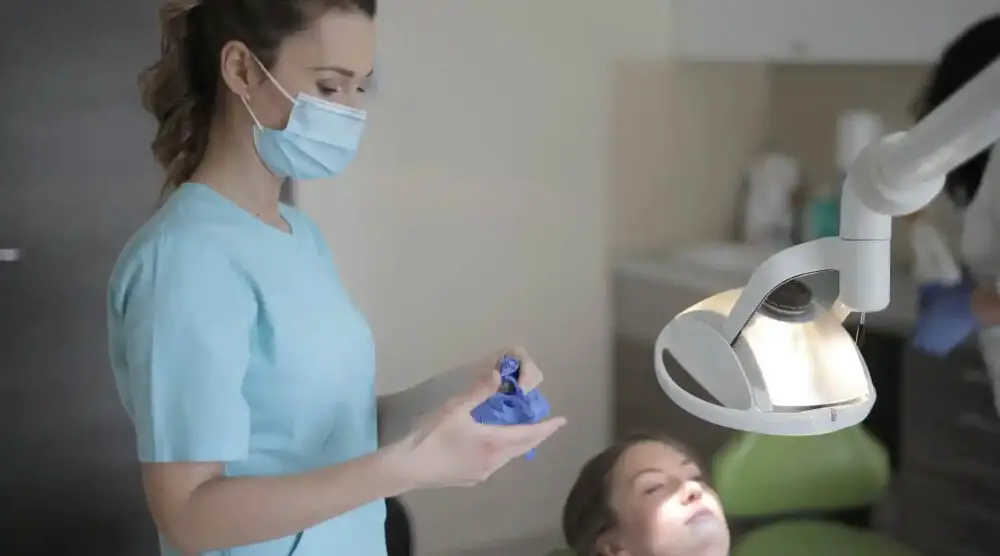
There are several other causes of nighttime tooth pain besides bruxism. One of them is tooth decay or a cavity. When a cavity forms, it exposes the sensitive inner parts of the tooth to bacteria and food particles, which can cause pain and discomfort, especially at night when the mouth is dry. If left untreated, a cavity can become infected and lead to more severe pain and dental issues. Another cause of nighttime tooth pain is gum disease. This condition occurs when the gums become inflamed and infected, leading to pain and soreness in the teeth and gums. Gum disease can also cause tooth sensitivity and bleeding, especially at night when the mouth is at rest. Other causes of nighttime tooth pain include sinus infections, dental abscesses, and certain medical conditions such as TMJ disorder. If you are experiencing persistent or severe tooth pain, it is important to see a dentist to determine the underlying cause and receive appropriate treatment.
While dental problems are the most common cause of nighttime tooth pain, there are other potential culprits as well. Sinus infections can cause referred pain to the teeth, particularly the upper molars. Inflammation and pressure from the sinuses can put pressure on the roots of these teeth, leading to discomfort. Jaw issues, such as temporomandibular joint disorder (TMD), can also cause nighttime tooth pain. The muscles and joints of the jaw are closely connected to those of the head and neck, so problems in one area can often lead to pain in another. Additionally, clenching or grinding the teeth at night (bruxism) can cause tooth pain and damage over time. If you are experiencing nighttime tooth pain, it is important to consult a dental or medical professional to determine the underlying cause and receive appropriate treatment.
Identifying the causes of nighttime tooth pain is crucial in determining the appropriate treatment. One common cause is teeth grinding, which can be addressed with a mouthguard to protect teeth from further damage. Another cause is gum disease, which can be treated with professional cleaning or scaling and root planing. Tooth decay may require a filling or root canal therapy, while a sinus infection may call for antibiotics or decongestants to reduce inflammation. In some cases, anxiety or stress may be the underlying cause, and addressing the issue through therapy or relaxation techniques can provide relief. Overall, seeking professional dental care and addressing any underlying health conditions is essential in effectively treating nighttime tooth pain.
Nighttime tooth pain can be excruciating and interfere with a good night’s sleep. Various factors can trigger this discomfort, including tooth decay, gum disease, teeth grinding, and sinusitis. Tooth decay occurs when bacteria in the mouth produce acid that erodes the tooth enamel, causing cavities. Gum disease, on the other hand, is caused by the buildup of plaque and tartar that irritates the gums, leading to inflammation and pain. Teeth grinding or bruxism is a common condition that involves clenching and grinding the teeth while sleeping, leading to tooth sensitivity and pain. Lastly, sinusitis, which is an inflammation of the sinuses, can also cause tooth pain, especially in the upper teeth. It is essential to address the underlying cause of nighttime tooth pain to prevent further damage and discomfort.
It is essential to seek professional dental care if pain persists, especially if it is affecting your sleep at night. Ignoring dental pain can lead to more severe oral health problems that can be difficult and costly to treat in the long run. A qualified dentist can diagnose the root cause of the pain and provide appropriate treatment to alleviate the discomfort. Delaying professional care can lead to irreversible damage, such as tooth loss, gum disease, and infections. Therefore, it is crucial to prioritize your oral health and seek dental care promptly if you experience persistent dental pain, particularly at night. By doing so, you can prevent the pain from worsening and ensure that your teeth and gums remain healthy for years to come.
To prevent and reduce nighttime tooth pain, there are several final tips that you can follow. Firstly, avoid consuming sugary or acidic foods and drinks before bed as they can irritate your teeth and gums. Secondly, practice good oral hygiene by brushing and flossing regularly to remove any plaque buildup that can lead to tooth decay and gum disease. Additionally, using a mouthguard can prevent tooth grinding and clenching that can cause tooth pain. Lastly, make sure to schedule regular dental checkups to catch any potential dental issues early on and avoid any unnecessary pain and discomfort. By following these tips, you can maintain a healthy and pain-free smile.
Conclusion
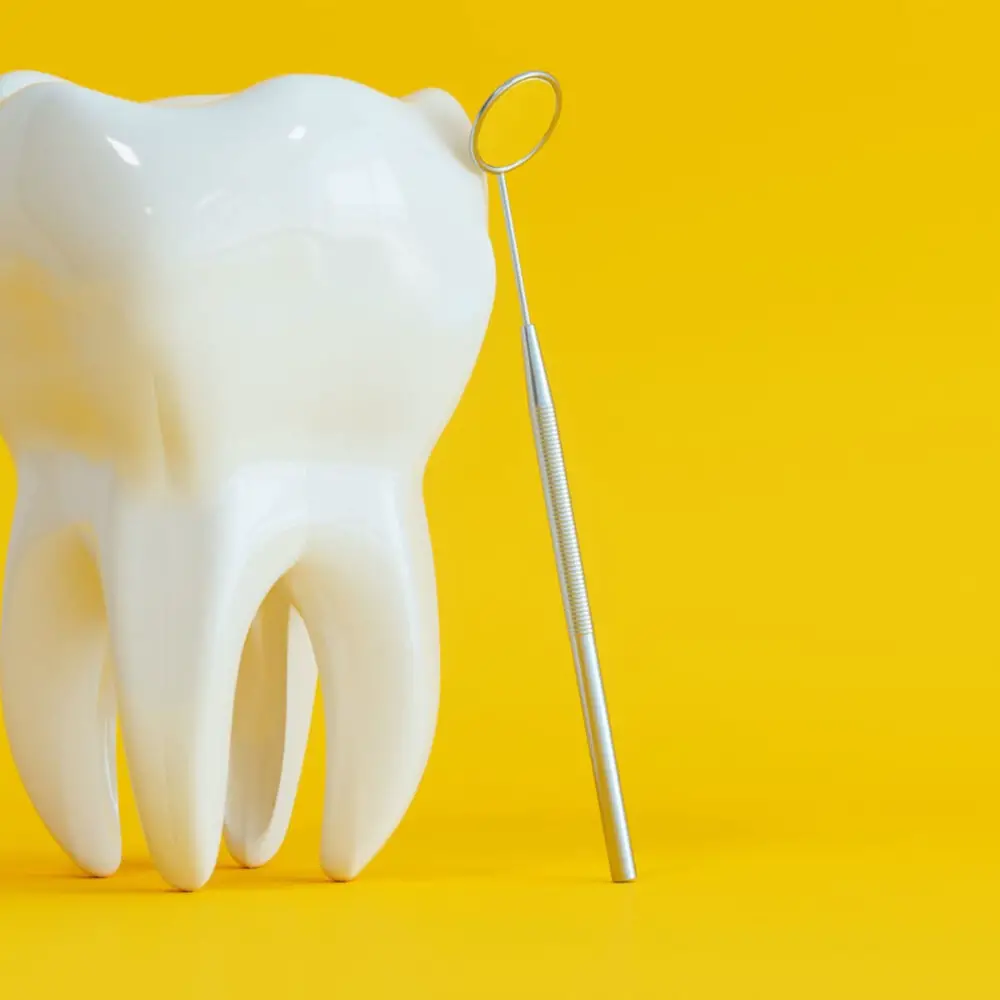
In conclusion, tooth pain at night is a common problem that can be caused by various factors, including tooth decay, gum disease, teeth grinding, and sinus infections. The discomfort can make it difficult to fall asleep, leading to a disrupted sleep pattern and negative impacts on overall health. However, there are several relief tips available, such as using over-the-counter pain relievers, applying a cold compress, practicing good oral hygiene, and seeking professional dental treatment. It is crucial to identify the underlying cause of the tooth pain and address it accordingly to prevent further damage and discomfort. Overall, taking care of your teeth and seeking prompt dental care can help maintain oral health and prevent tooth pain at night.
